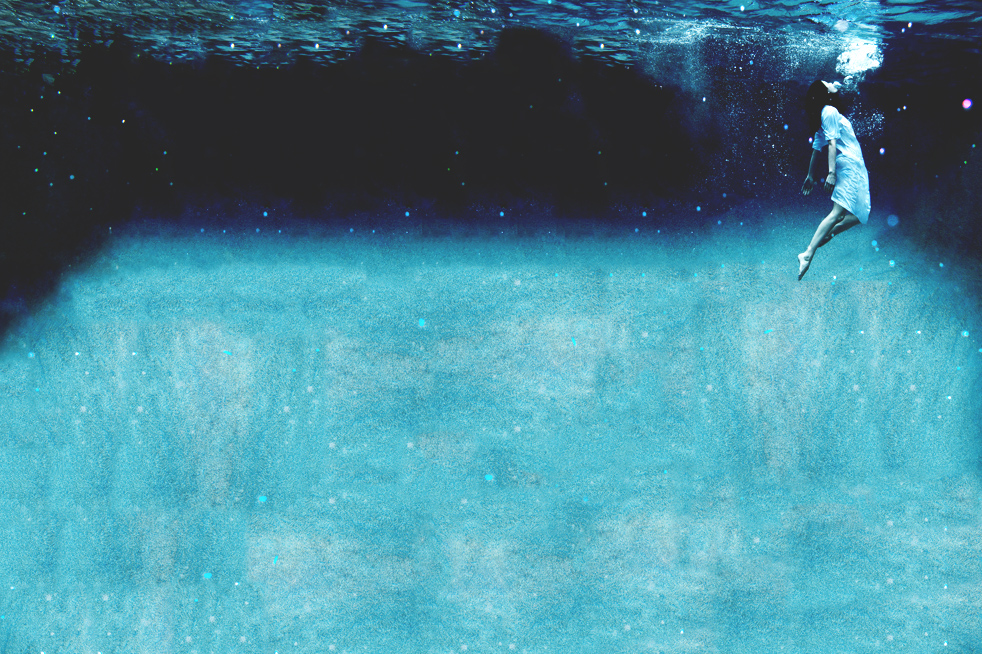Self-styled as his “accidental” novel, The Ocean at the End of the Lane is Neil Gaiman’s latest adult-oriented book since the highly acclaimed American Gods. It opens with a nameless man returning to his childhood town for the funeral of a nameless corpse. Afterwards, as one is wont to do when faced with blatant demonstrations of mortality, the narrator goes for a walk. He eventually reaches a farm, behind which is a pond he once knew was an ocean.
This prologue lays the foundation for the novel’s themes: childhood versus adulthood, memory, innocence and its loss, even death. The development of these themes is the best aspect of the story. The young protagonist struggles against a world he cannot yet understand. These struggles take the forms of a parent’s rage, an evil babysitter and hungry creatures with all-consuming mouths. Nudging the protagonist’s childish perspective of events into the bitten apple of maturity is the novel’s backbone.
None of the main characters are bland, but the Hempstock women steal the spotlight. A representation of the tri-goddess maiden-mother-crone, the Hempstocks provide warmth the novel desperately needs. Ocean frequently plays with the thin line of becoming outright dark, and the Hempstocks are the only characters which combat the encroaching horror. .
The plot is simple and reminiscent of a fairytale; it is no stretch to see how Ocean began as a short story that eventually elongated into a novel. The focus is not on what but on how; not on what is happening but on how is it changing the protagonist. This develops an uninteresting protagonist, who spends most of the novel being a passenger and not a driver. But a few times events seem to occur for the sake of creating issues for the protagonist to overcome, or watch others overcome for him.
The writing itself varies. Because of the intimate nature of the novel, Gaiman himself called it his most personal work, and so it is appropriate that the writing is a little rough around the edges. If this tone were consistent, it might be a strength. Amidst this roughness, however, are beautiful passages, and the last few chapters of the novel are better written than the sections. This makes the novel feel unpolished. Honestly, I have yet to decide if that adds or subtracts to the work.
The juxtaposition of childhood and adulthood are the emotional core of the novel. Ocean wants to remind adults what it was like to have to look up at the world, what it was like to stand in front of a mirror and stare into innocent eyes. The argument made is that these eyes do not fade, but suffer a change into something hard like pearls. There are no adults, not really. Just taller children.
The Ocean at the End of the Lane is a literary magic act. Smoke covers the real magic, mirrors reflect the audience’s wide-eyes. Don’t trust your eyes. Least of all your memory. Occasionally a curtain falls, the wand is a painted stick. It is not perfect. But it does what every good magic trick should: it creates a feeling of wonder. And makes it possible to believe that maybe, just maybe, a pond can be an ocean.
